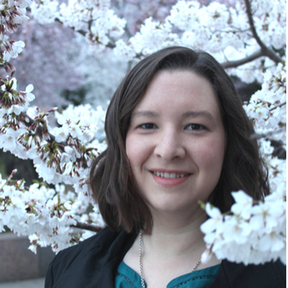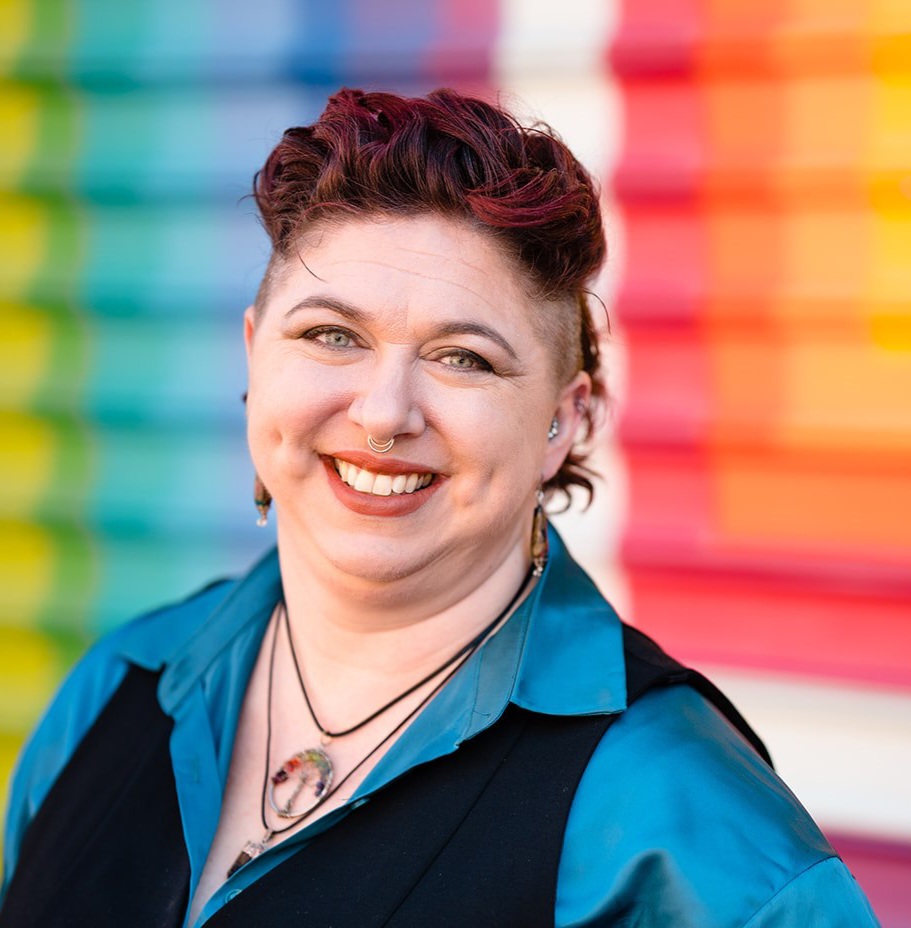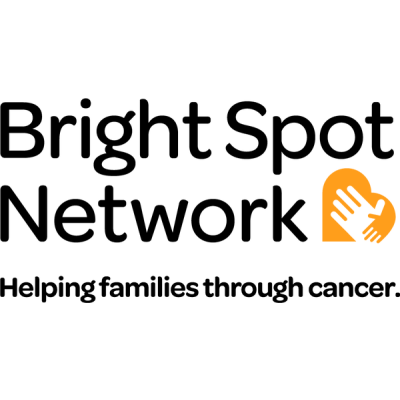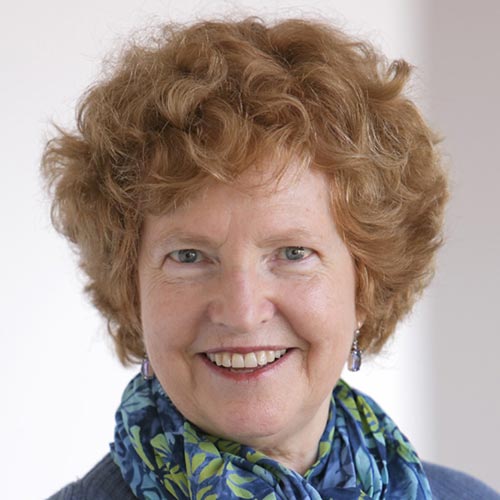This session has been postponed to 09/17. In order to be notified of the rescheduled session, please email programs@smithcenter.org.
Hosted in partnership with


![]()
with Erin Price, LICSW, OSW-C
Young Adult Cancer Survivors (YACS) Hot Topics: You’re Not Crazy – Cancer and Mental Health Workshop
Receiving a cancer diagnosis, undergoing treatment, managing side effects, and living with the fear and uncertainty that cancer brings can all feel incredibly overwhelming. Coping with this emotional rollercoaster is challenging, and you may not always feel equipped to navigate it successfully. In this workshop for young adult cancer survivors (YACS), we will discuss how cancer can affect your mental health and how your body responds to stress. Then we’ll explore healthy ways to cope with intense emotions and take some time to begin developing individual mental wellness plans that you can use in your daily life.
Please Note: This program is open to young adult cancer survivors in their 20s, 30s and early 40s.
About Erin Price, LICSW, OSW-C
Erin serves as Smith Center’s Director of Young Adult and Psychosocial Support Programs. She is trained in Integrative Patient Navigation, a Project LEAD graduate, and holds a Masters in Social Work. A ten-year+ breast cancer survivor, Erin is passionate about providing support and community to other cancer survivors, especially young adults. She works with Smith Center’s DC Young Adult Cancer Community and is also actively involved in the cancer community through the Association of Oncology Social Workers, the Young Survival Coalition, the Georgetown Breast Cancer Advocates, and the National Breast Cancer Coalition.











